That’s why we work in partnership with our clients to enhance their strategic capabilities, improve their organisational capacity, and facilitate their learning journey through evaluation and research. We share practical advice and provide actionable tools that our clients can adopt and implement to make a difference to their work.
Our distinctive approach is informed by our insight into the non-profit sector and integrates proven methodologies (such as feminist, decolonisation and localisation methodologies) to deliver individualised solutions tailored to each client’s unique context.

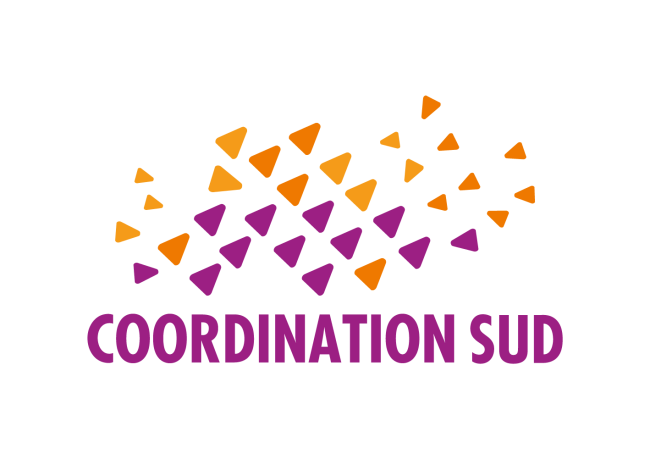
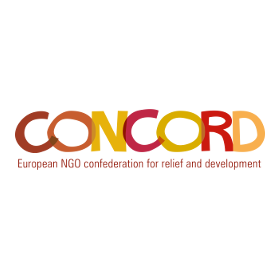

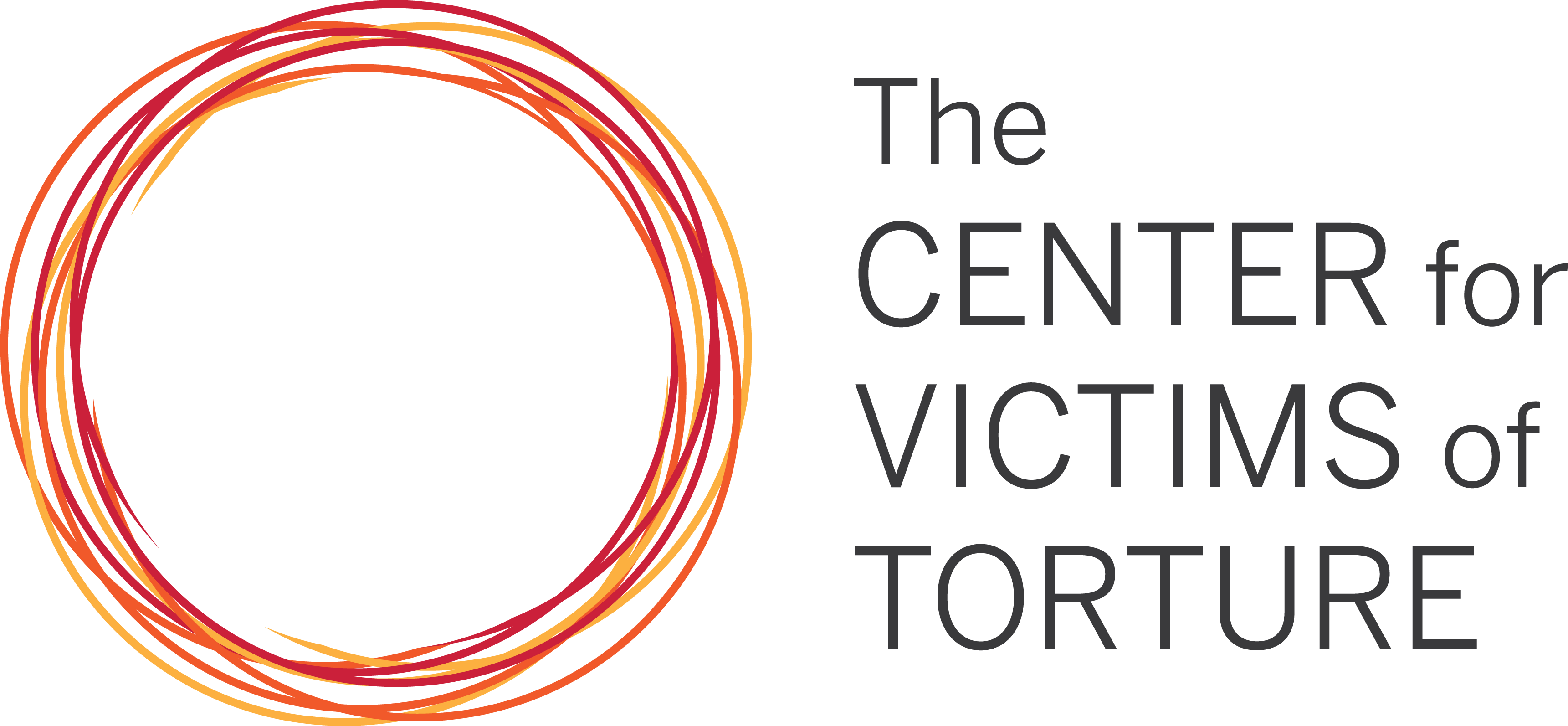

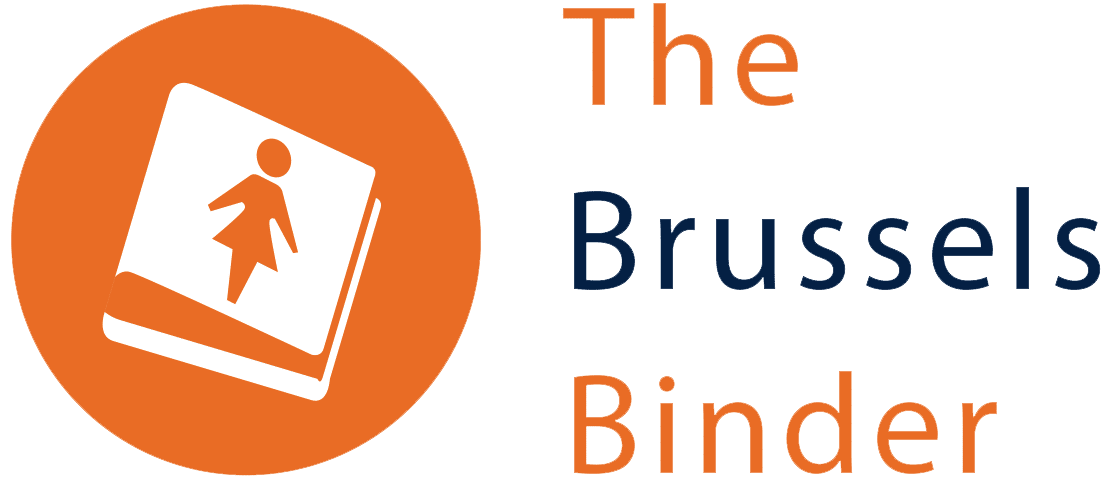
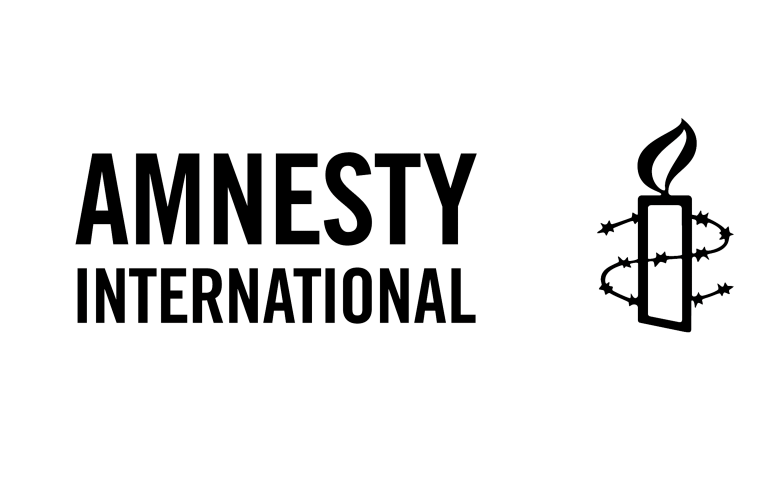
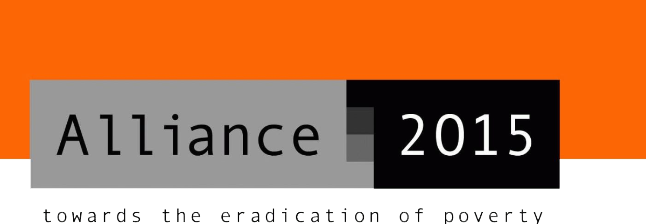

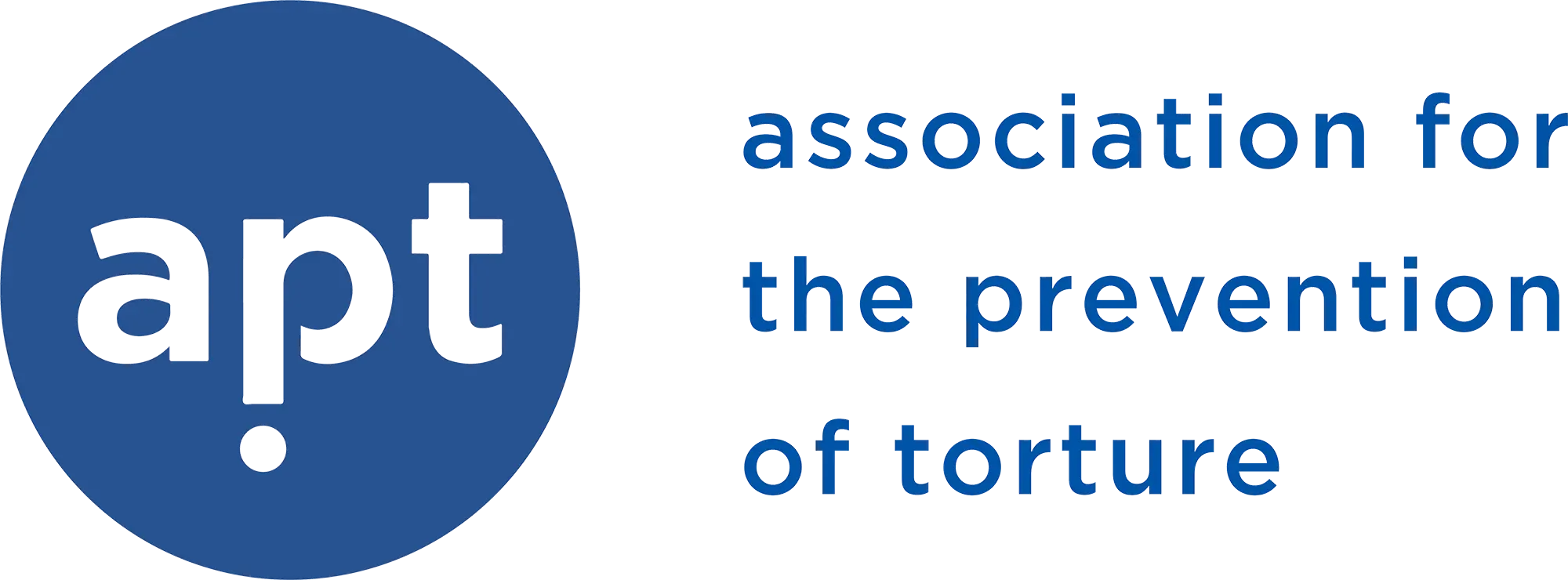

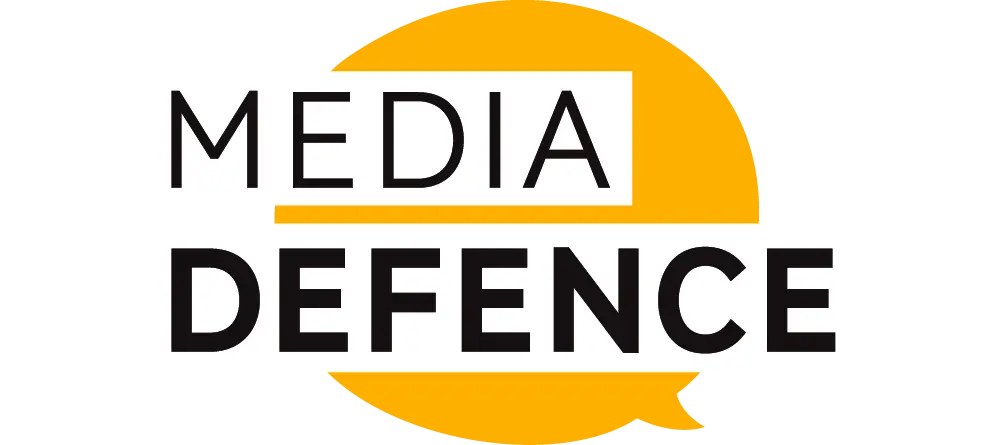
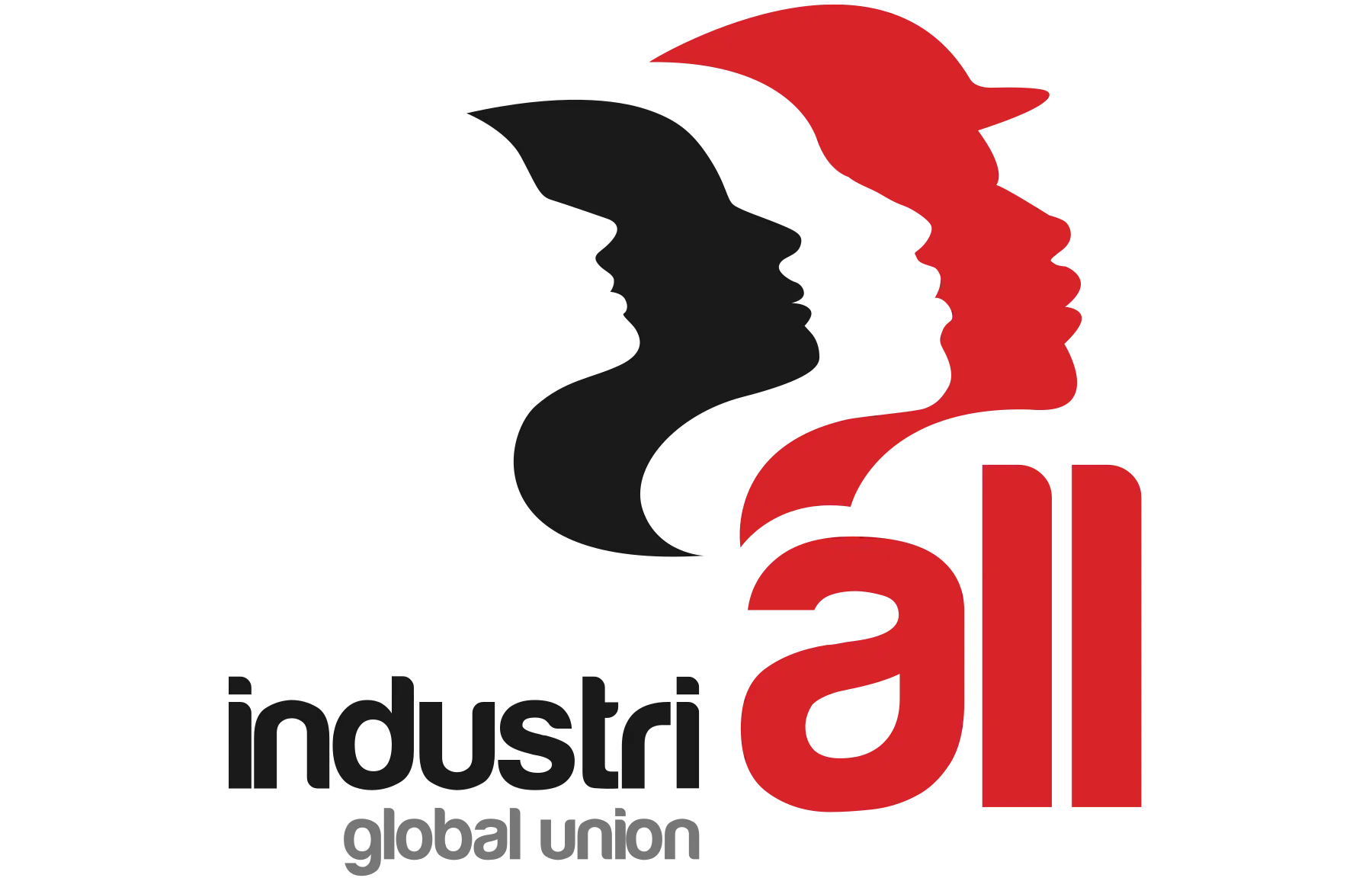
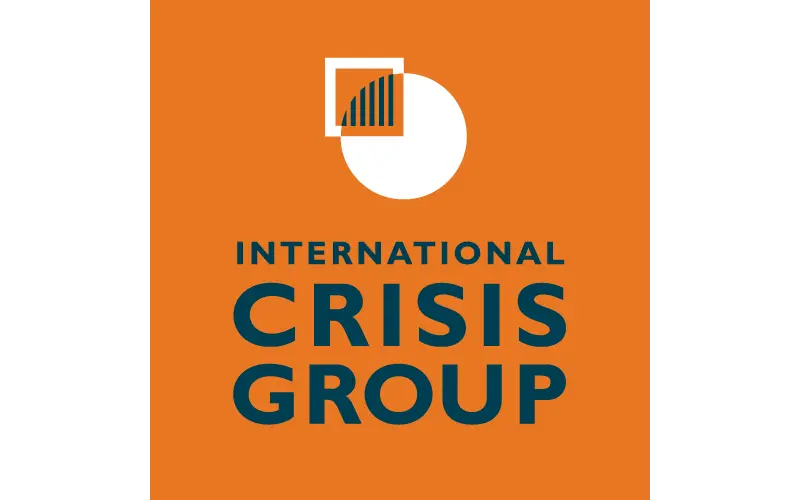
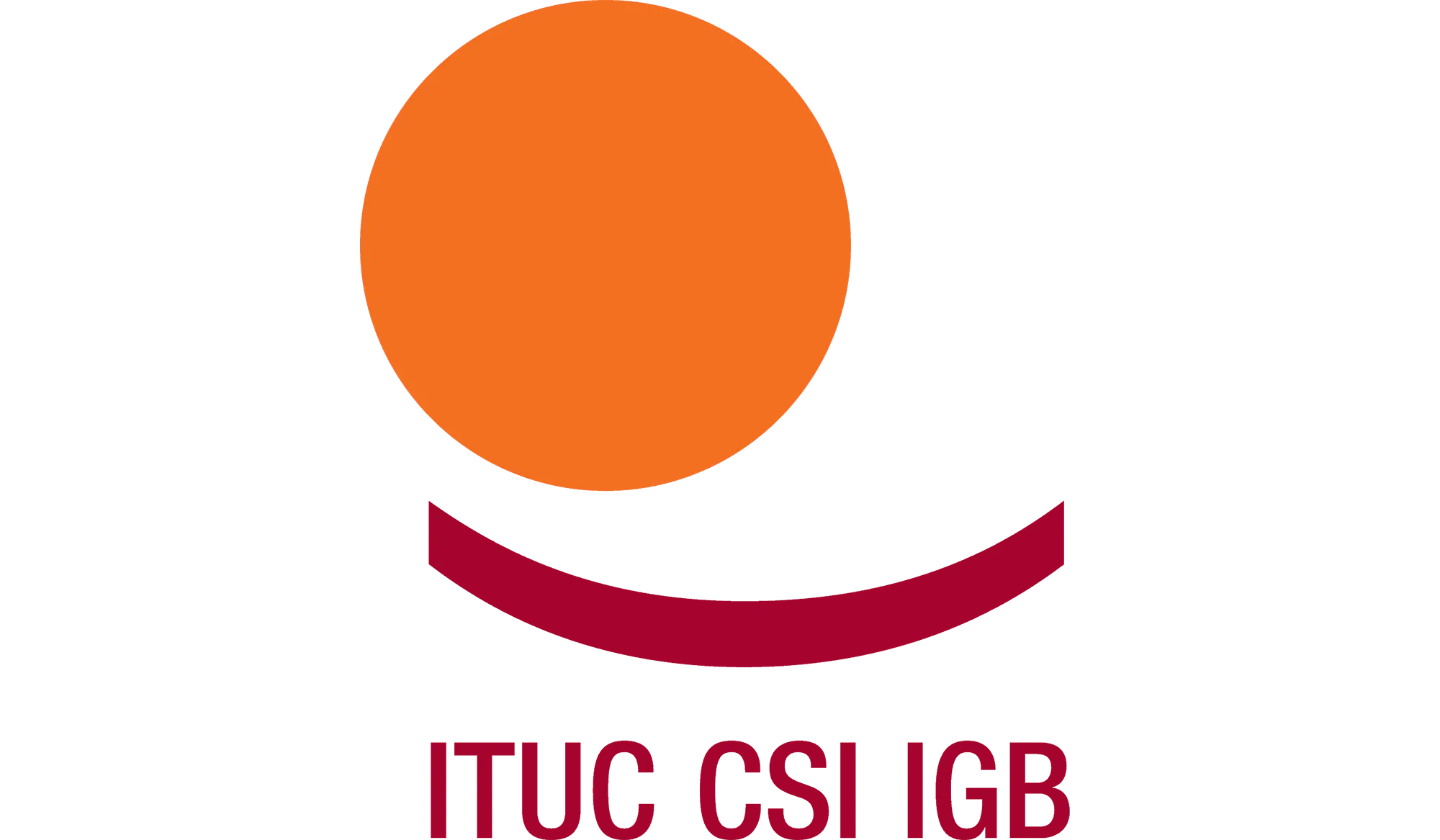

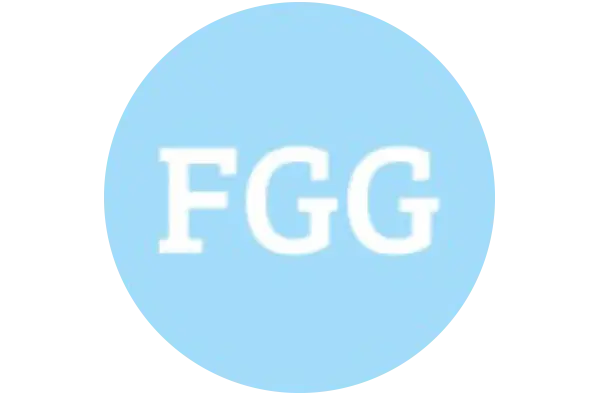
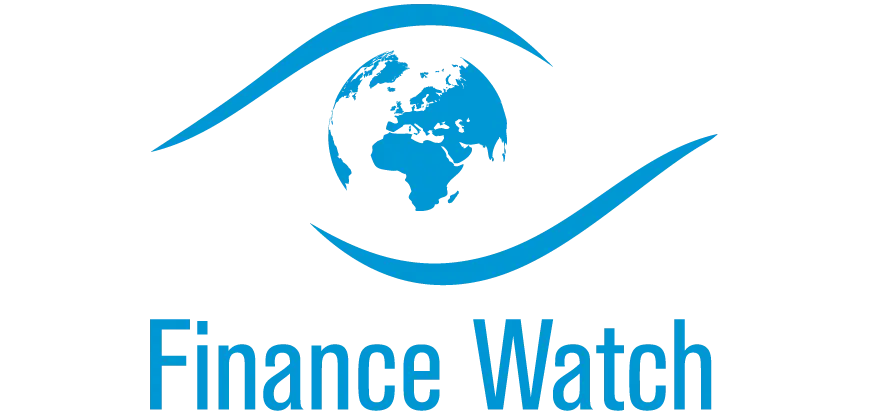
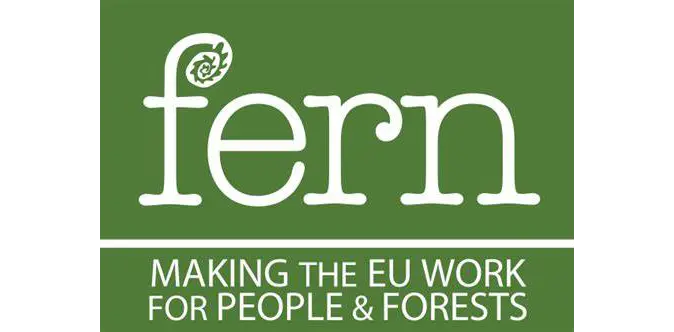
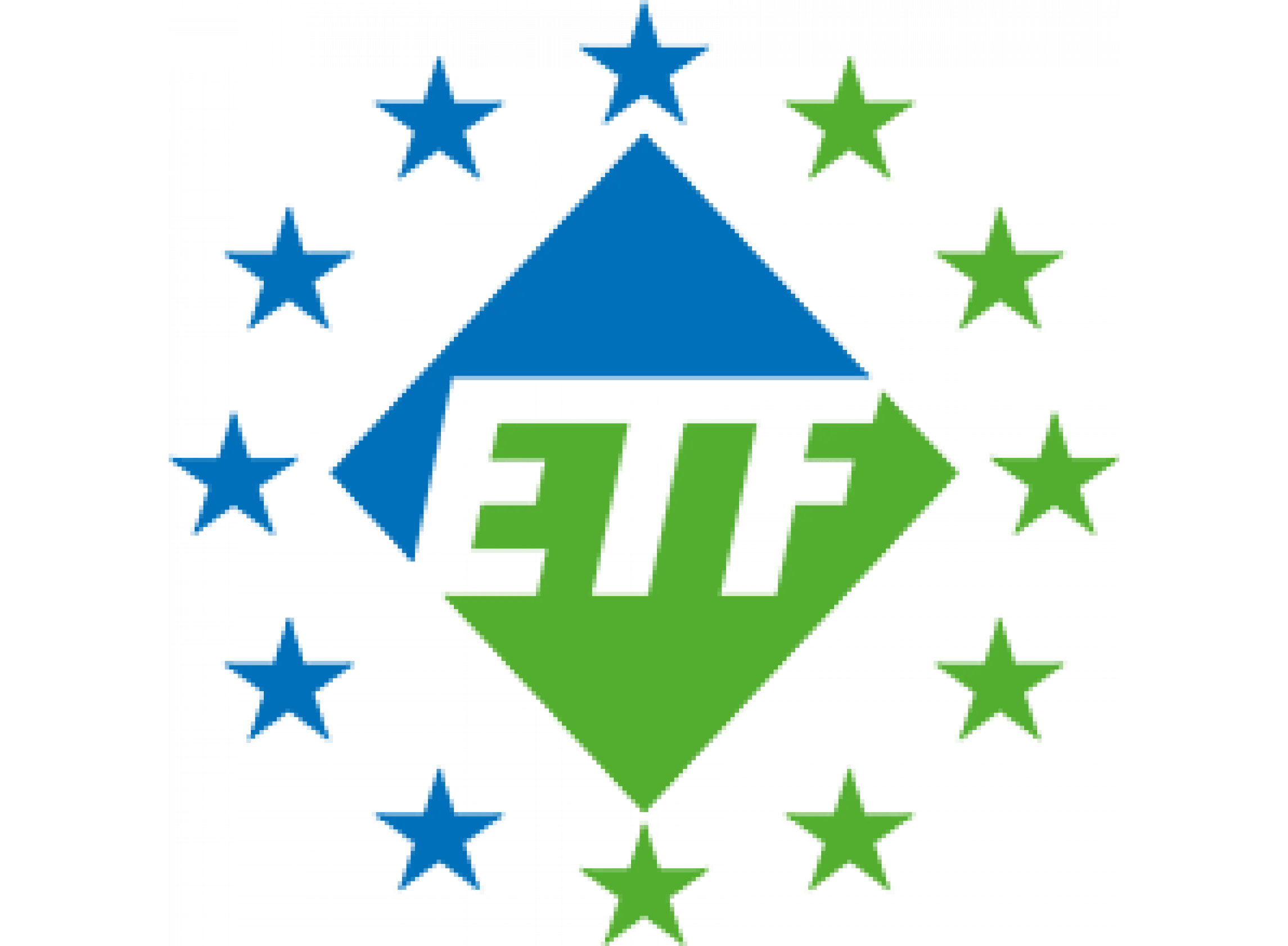
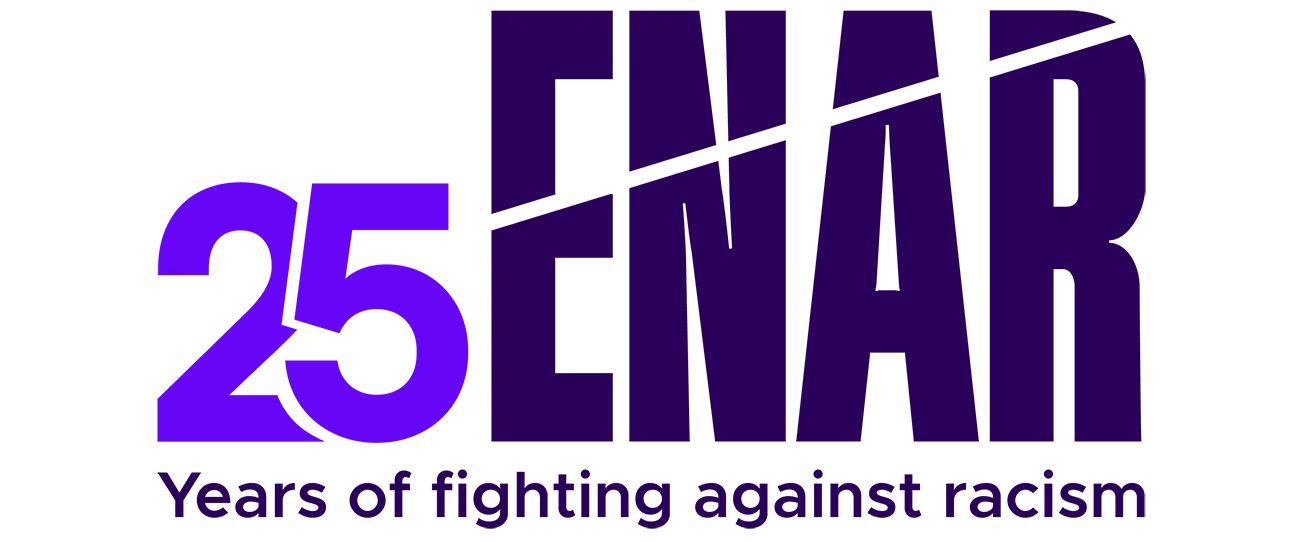
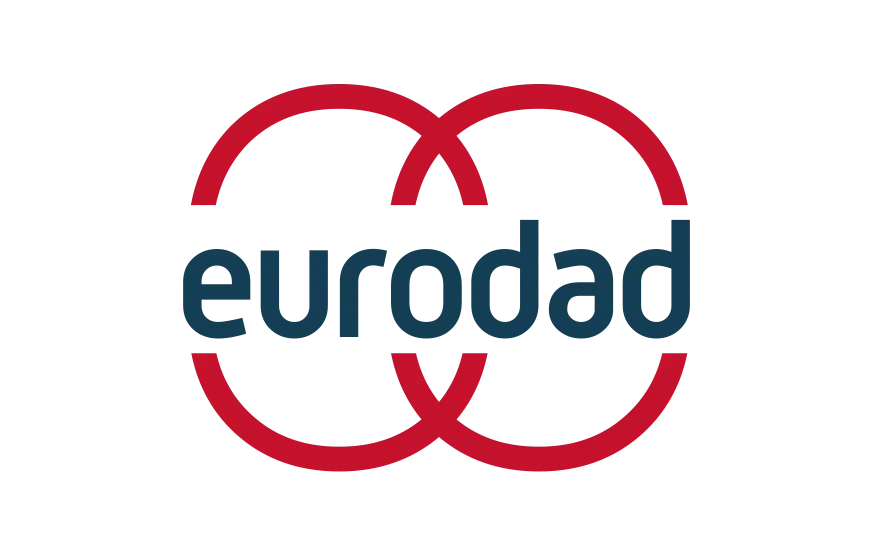
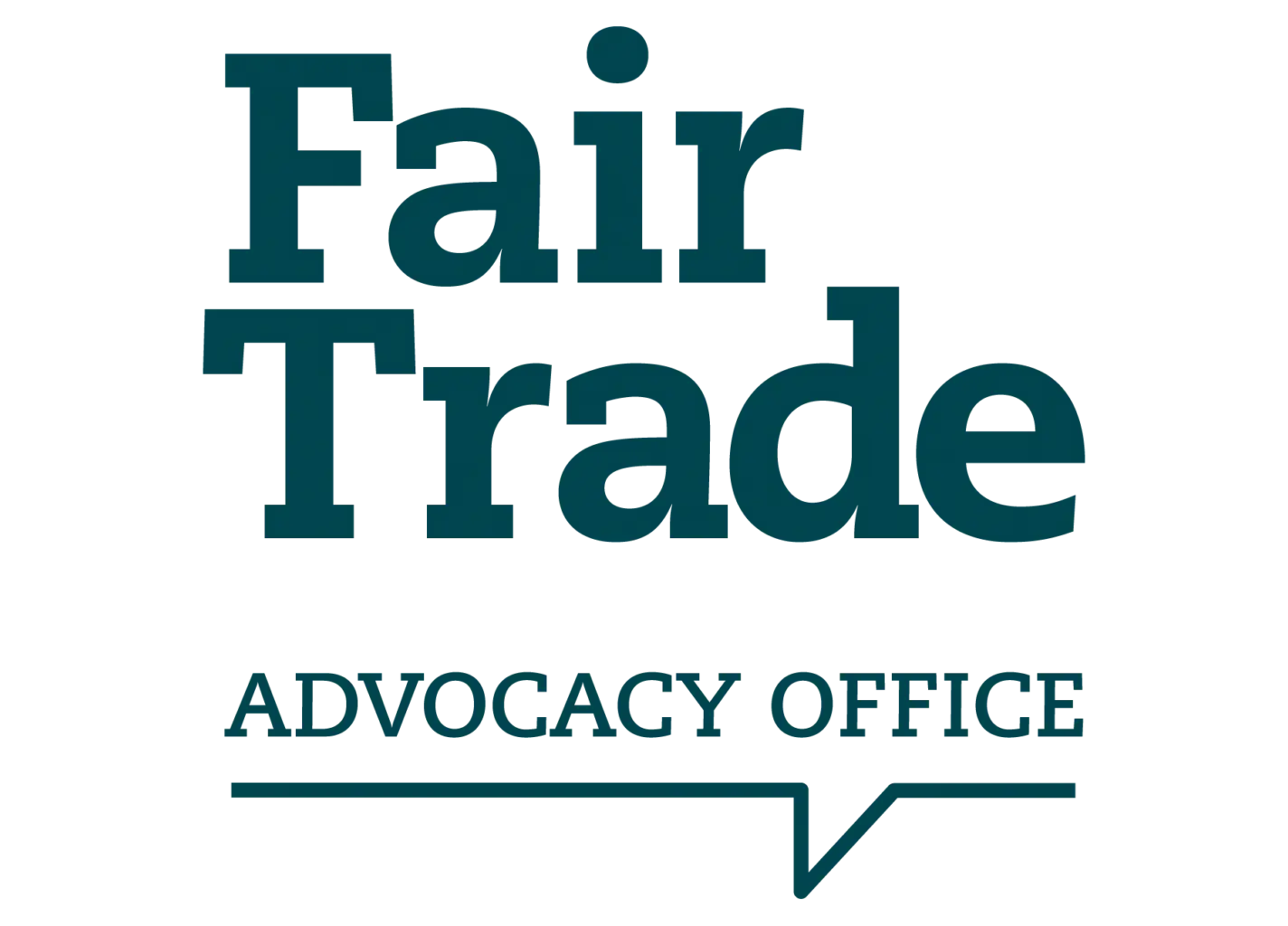
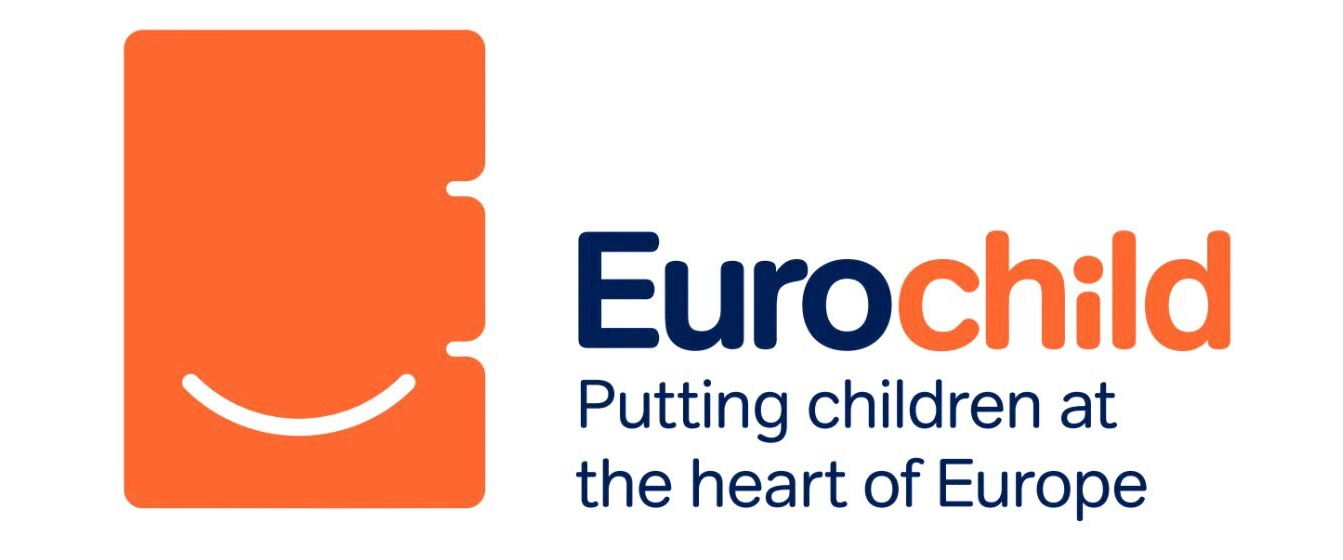
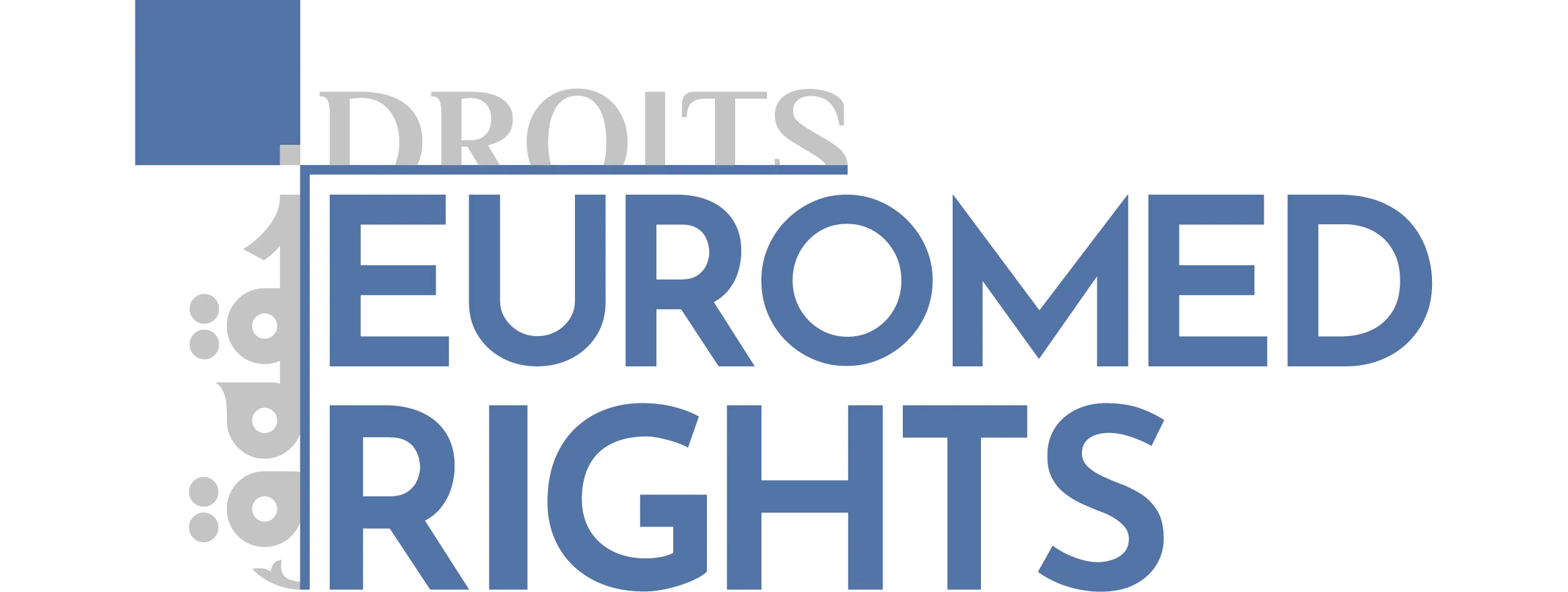
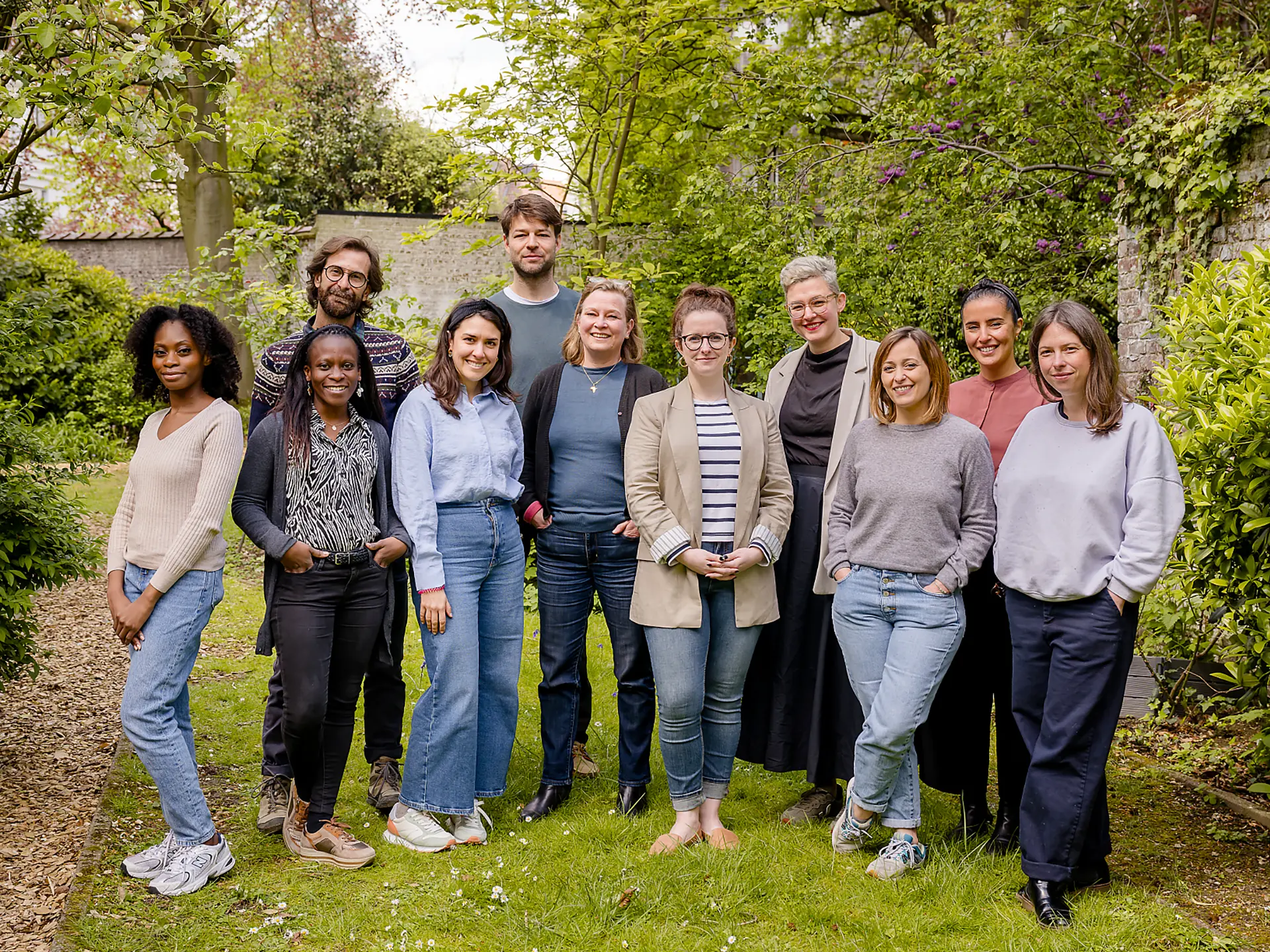
Our team is driven by two core values that underpin all our work: empathy and kindness. We genuinely care about our clients' causes, visions, and missions, and value working in partnership, knowing it leads to meaningful and sustainable change. We prioritise highly personalised, co-created methods over one-size-fits-all blueprints, and thrive on bringing a hands-on, data-based approach that delivers integrated solutions.
Want to see what these working principles mean in action? Click below

Organisational Development Support (ODS) empowers civil society organisations through tailored advisory, consulting and practical, actionable tools that help them understand themselves better, improve their strategic capabilities and achieve greater societal impact.
Organisation Development Support, Rue Joseph II 20,
1000 Bruxelles
+32 491 37 12 49
info@odsupport.eu